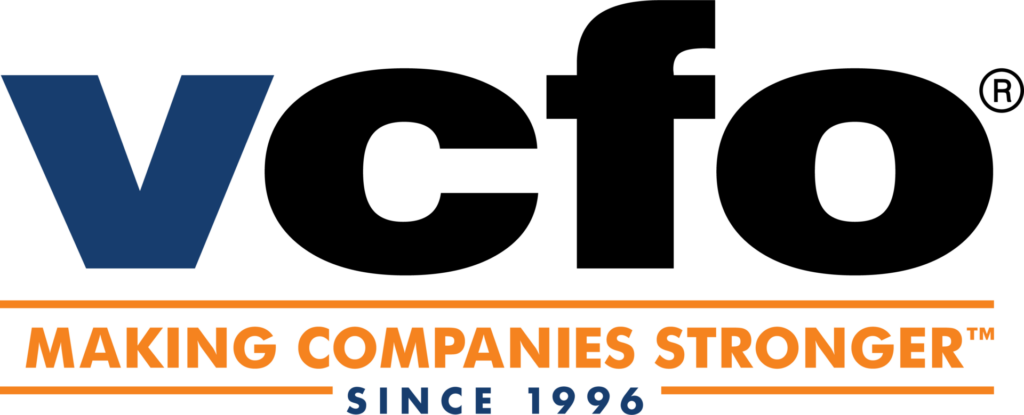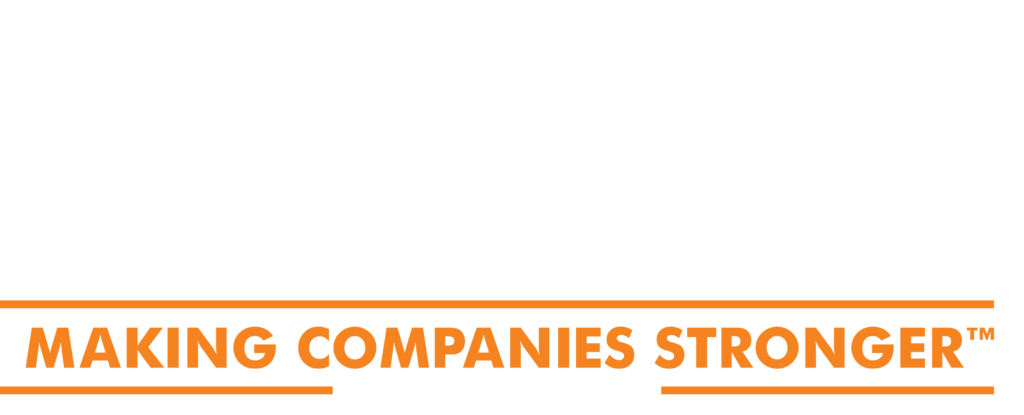When businesses are in their early stages, owners and leaders have to make many decisions on what they can and cannot invest in to move their business forward. For their HR functions, their focus is often on covering only what has to be covered, such as payroll processing or basic onboarding and compliance. Depending on their business model, a combination of manual processes and simple payroll services or solutions may be able to get them by if they have good planning in place and a clear vision for their future growth. But as more HR elements are introduced, manual processes and patchwork solutions start to fall apart. That’s where the right Human Resources Information System (HRIS) can be extremely beneficial.
While operations and finance are commonly focused on more heavily than HR in the early days, HR components quietly begin to extend well beyond payroll and other basics over time and start to present issues. Components like benefits administration, performance management, and safety often don’t get proper attention or well-defined processes until significant issues arise. Before this occurs, leaders should understand what they will need from an HR processes, resources, and technology standpoint to support their employees and their business at new stages of growth. Failure to do so typically ends up costing the business far more than the initial investment that would have been required to put the right pieces in place from the start. Signals that it might be time (or past time) to make the move to HRIS include:
- Inability to keep pace with benefits requests and administration tasks
- More time required to process payroll because of employee growth
- Compliance issues surfacing in the form of a lawsuit or formal notice
- Difficulty meeting key filing requirements and reporting deadlines
Selecting the Right HRIS for Your Business
Fortunately, supports for the HR elements noted above as well as others can be enabled or delivered via a Human Resources Information System. but selecting the right system for your business is imperative. One mistake that many make is jumping straight to evaluating prospective HRIS platforms without first truly understanding what they truly need such a system to do for them. In these instances, eloquent and well-meaning software salespeople can convince a leader that what they need is the “mega” platform with all the bells and whistles or oversell their system’s ability to handle issues that may be very important for the organization. Leaders should:
- Document the needs, processes, and tasks the HRIS should support
- Be objective about how much your business can invest in an HRIS platform
- Involve HR-focused experts who have successfully implemented HRIS before (not just the CEO, CFO or other leaders)
- Set criteria for how you will evaluate possible solutions (i.e. build a scorecard)
- Ensure your timetable provides ample opportunity to evaluate multiple solutions
- Have a clear implementation plan and adoption strategy for your new HRIS system
- Determine whether their HRIS will need to tie into other systems
Not following these steps can result in an organization paying too much for a system that doesn’t work as well as they expected it too. It may have features that simply aren’t needed or that the organization just isn’t ready for, making it a mismatched investment. Conversely, adopting a “barebones” system could find the organization growing out of it too quickly and finding themselves again needing to add on patchwork solutions that do not communicate with one another.
And, as we’ve alluded to, systems do not implement themselves out of the box. Even a perfectly solid system can fail if there is insufficient focus on rolling it out. HRIS selection needs input from all leaders, including management levels if possible, to know what the needs are by department, what makes sense today versus what can we implement later, who’s responsible for the actions being reviewed.
The Benefits of HRIS Platforms
When organizations are diligent and proactive in selecting an HRIS platform for their business, implementations go smoothly, and the benefits of the system can be felt almost immediately. Specifically, the benefits of an effective HRIS platform include:
- Secure, electronic record-keeping for compliance and other important records
- Tools that enable guided, visible, and intuitive performance management
- Automation of previously manual and time-intensive tasks
- The ability for managers to input and access information about employees,
- Fostering employee accountability and efficiency with self-service features
- Easy access and retrieval of records to fulfill various requests
- Instant, on-demand visibility of often-sought information like PTO and FLMA availability
Beyond these benefits, HRIS can also help to ensure that the right people are doing the right things at the right times. This may come in the form of alerts, reminders, or automated reports to regulatory bodies, insurers, or employees themselves. Further, the right system will be able to scale and adjust with your business as it continues to grow. It can help you better understand when components like employee handbooks may need to be adjusted or alert you to new requirements when you approach higher employee count thresholds. In short, HRIS can help you better serve your workers and your business alike.
Making the HRIS Move
It can be understandably easy for owners and leaders to rationalize not implementing HRIS when they’re trying to address so many different business objectives. Their biggest points of resistance often come back to time and money, but they fail to recognize that being reactive typically ends up costing them more of both in the long run. Leading businesses recognize that their HRIS platform can be a key cog in ensuring smoother operations, guiding happy and engaged employees, and reducing overall costs to strengthen their competitive advantages.
—
Have questions on whether the absence of HRIS is holding your business back or moving you forward? Request a free consultation from a vcfo expert who can help.



